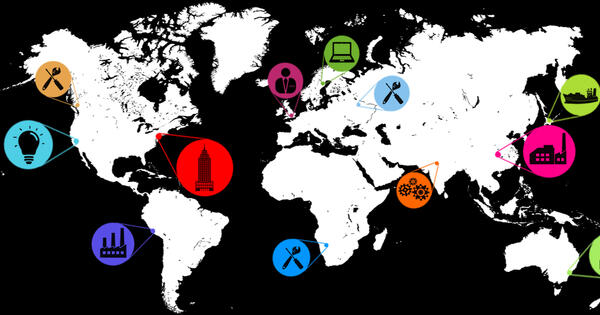Modern corporations are often viewed through the lens of their current influence—spanning industries, continents, and markets. Yet, these giants did not materialize overnight. Their rise is a story of evolution shaped by trade, law, technology, and changing societal roles. Understanding where corporations come from helps us reimagine what they must become.
From Ships to Shareholders: The Mercantile Era
The roots of modern corporations lie in the early mercantile empires of Europe. Companies like the Dutch East India Company were formed to manage the high-risk, high-reward business of global maritime trade. These enterprises introduced foundational corporate concepts: joint-stock ownership, limited liability, and perpetual succession.
This legal innovation allowed them to raise large amounts of capital, spread risk, and operate beyond the life of their founders—paving the way for scalable, borderless business entities.
Industrialization: From Trade to Production
The Industrial Revolution brought about a major shift. Corporations transformed from trading houses to manufacturing powerhouses, playing a central role in shaping modern economies. Factories, railroads, and mass production systems expanded the corporation’s influence from markets to societies.
This era also marked the rise of managerial capitalism, where control shifted from owners to professional managers. As corporations grew, so did their complexity and societal impact.
The Age of Globalization
In the 20th century, corporations evolved again—leveraging globalization, financial markets, and digital connectivity to scale at unprecedented levels. They diversified into multiple sectors, engaged in outsourcing and supply chain optimization, and became key players in geopolitics.
Yet, with this power came scrutiny. Scandals, environmental degradation, and inequality sparked debates about corporate responsibility. The corporation’s role in society was no longer purely economic—it was moral, environmental, and cultural.
Today’s Turning Point: Regeneration Over Extraction
We now stand at another inflection point. The challenges of the 21st century—climate change, technological disruption, and social unrest—are prompting corporations to rethink their purpose and priorities.
Modern corporations must shift from extractive models to regenerative ecosystems. This means building organizations that not only generate profit but also nurture communities, protect the environment, and foster human potential.
The corporation of the future is one that measures success in terms of value creation for all stakeholders—not just shareholders.
Conclusion: A Legacy Reimagined
The corporate story is one of reinvention. From trade ships to boardrooms, from shareholder value to societal good, corporations have continuously adapted to the forces shaping their world.
Understanding this evolution is more than a history lesson—it’s a call to action. As we build the next generation of businesses, we must design them not for dominance, but for balance, responsibility, and long-term resilience. The future corporation must be a platform for progress—not just profit.




